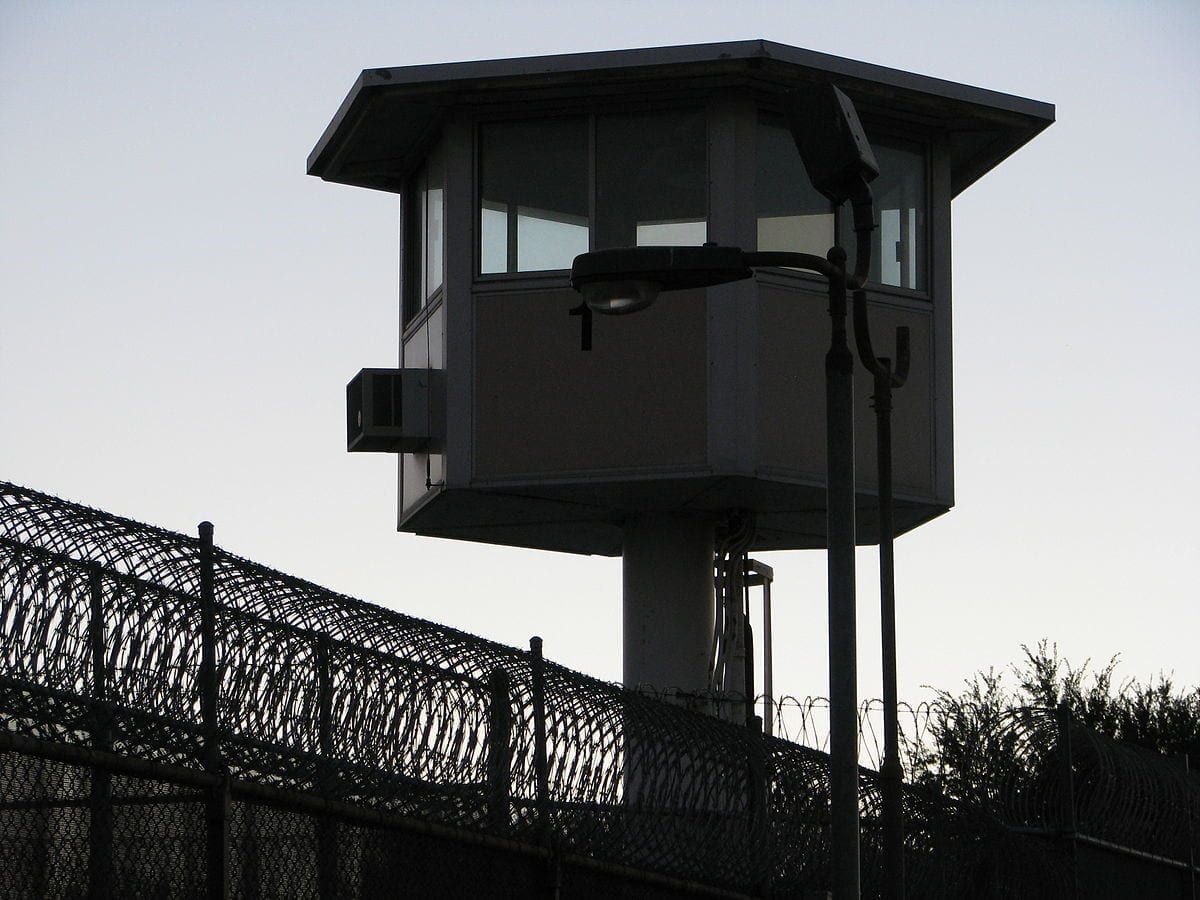Alabama prisons have attracted heavy criticism for understaffing, which attorneys have identified as a key driver of violence and suicide behind bars.
A federal judge has given Alabama until 2025 to hire more employees and contractors for its correctional facilities, finding that the state’s prisons are so understaffed that inmates are often subjected to violence, given limited time outside of their cells, and deprived of proper treatment for mental illnesses and disorders.
In his 600-page opinion, U.S. District Judge Myron Thompson found that, in the four years since his 2017 ruling, Alabama prisons continue to violate constitutional protections against cruel and unusual punishment, especially when it concerns inmates with psychological problems.
According to The Alabama Political Reporter, over two-dozen men have committed suicide in state prisons between 2017 and 2021.

In his opinion, Thompson said that understaffing leaves Alabama inmates to fend for themselves “in the culture of violence, easy access to drugs, and extortion that has taken root in ADOC facilities in the absence of an adequate security presence.”
Thompson found that the Alabama Department of Corrections regularly fails to screen incoming inmates for mental illnesses. Even when and where disorders are identified and properly diagnosed, “referrals for additional follow-up were routinely ignored, leaving inmates without the treatment they needed.”
The Political Reporter notes that two men hung themselves on back-to-back days in May 2020.
In both instances, Thompson found, the Department of Corrections failed to respond to their mental health needs.
Ashley Austin, a staff attorney with the Southern Poverty Law Center’s Criminal Justice Reform Practice Group, which represented Alabama inmates in the legal action against the state, said that Judge Thompson’s ruling should provide enhanced accountability.
“Judge Thompson’s decision requires ADOC to finally remedy the unconstitutional mental health care identified more than four years ago,” Austin said. “This will ensure that the individuals held by ADOC will receive the mental health care they need—and are entitled to—as protected by the Eighth Amendment.”
“As long as Alabama avoids addressing underlying societal issues that contribute to incarceration by over-incarcerating its population,” Austin added, “Alabama must provide constitutionally adequate care for the human beings in its prisons.”
The SPLC notes that, when the case was in trial, attorneys and experts were able to relate the lack of mental health services in Alabama prisons to increased suicide rates.
“ADOC cannot simply warehouse people without providing for their basic needs,” Austin said. “If ADOC is unable to operate adequately with the current staff and funds allotted to it by the state, population reduction must be the consideration – not denial of adequate services.”
James Tucker, director of the Alabama Disability Advocacy Program, said the state is responsible for protecting the well-being of people in its care—even when they are prisoners.
“As Judge Thompson reminds all Alabamians, once our state chooses to put a person in prison, the state must provide a safe environment and adequate mental health care,” Tucker said in a statement, released in part on the SPLC’s website. “Here, the state has failed to do so. Too many individuals have died because of the state’s failures.”
Sources
Alabama prisons lawsuit: SPLC urges prompt mental health remedies after judge’s order
Federal judge extends deadline until 2025 to address mental health in prisons


Join the conversation!